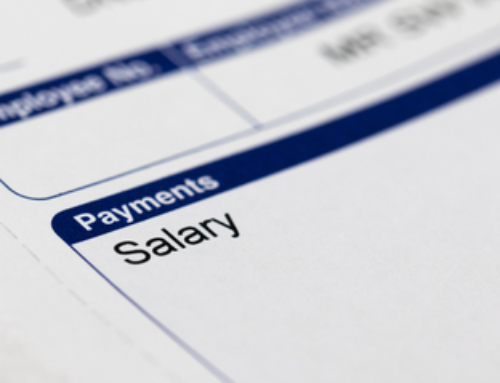Working as an employee for any company comes with a lot of great benefits, including a steady salary, financial stability, the support and (hopefully!) friendship of a team, and many other perks. But when an employment situation goes wrong, it can be difficult to manage, stressful, and have a negative impact on your finances, mental and physical health, job performance, and future employment.
If you’re an employer there are equal benefits to hiring great staff, but similar pitfalls that occur in the event you find an employee is underperforming or causing a problem.
Laws exist to help both employees and employers regulate their working relationships, and protect the interests of both parties. Regardless of who you are, and whether you’re the hirer or hiree, you have rights that are protected by these laws.
But as with most legal concerns, employment law can be a complex subject, and it’s not always easy to know what you’re entitled to, what is legally required of you, and where to go for help in the event a working relationship sours.
To help you navigate the treacherous waters of HR employment law we’ve put together a quick guide that tells you everything you need to know…
What Is HR Employment Law?
Employment Law describes the protection that an employee is legally entitled too and the rights they hold as an individual. This isn’t something that varies due to the size of a business. Each and every individual has their own legal rights and obligations from the start to the end of their career.
Likewise, employers have certain obligations and can expect a certain level of commitment and performance from their employees, regardless of how many they have, the form and duration of their contracts, or role they perform.
What Does Employment Law Involve?
Employment law is there to tell both the employer and employee the responsibilities of every business, and entitlements of every working individual such as wages, holidays, and maternity or paternity leave. Both parties should understand their legal rights and obligations fully before entering into an employment contract.
One important feature of Employment Law is the right to work free from discrimination due to areas like disability, gender, religion, or race. An employee should also be told or shown their other rights like permanent sickness or redundancy, and have a clear overall view of how their employment will be run.
Contract Agreements
It is necessary for an employee to receive and sign a contract so they have a clear agreement in place as evidence of their commitment to their employer, their rights under Employment Law, and the responsibilities of both parties when it comes to following these terms. Contracts can come in the form of a written document, verbal agreement, a letter, or by an employee handbook.
An employment contract holds every bit of information an employer or employee needs. This will include employment conditions, rights, duties and finally responsibilities, which become the ‘terms’ of the contract.
If these terms haven’t been followed by the employee then it could lead to the end of a contract and the employee being let go.
There are certain requirements by law that an employer has to follow, including allowing an employee to have 5.6 weeks of paid holiday, paying at least the National Minimum wage, or making sure that staff aren’t working more than 48 hours per week. These guidelines are extremely important for employers to follow, as an employee may choose to see a solicitor or speak to ACAS if their employer hasn’t followed these requirements.
Dismissal
An employee’s contract can be ended by themselves if it isn’t ended automatically. Usually, they will need to provide a notice period, unless they were dismissed by their employer, in which case the employer is required to give notice.
A dismissal normally occurs due to a breach within the contract. Fair dismissal reasons may include:
- Being made redundant
- A breach in the contract
- Reasons that mean you aren’t fit for the job
When an employee is let go from a business, it may not have always been dealt with in the correct manner by one or both parties. This is where Employment Law comes in. An employee that has worked for a company for more than 2 years continuously is usually protected against wrongful or unfair dismissal. Unfair dismissal may include:
- Applying for maternity or paternity leave
- Whistleblowing
- Forced to retire
- Asked for flexible working
- Joined a trade union
If an employee feels their employer has dismissed them unfairly, but their employer feels they have followed the fairest method, they may decide to find a third party to solve any issues. If you have a HR team you can also speak to them. If you cannot solve your problems, the case may then need to go to a tribunal.
Extra Advice And Help…
We can help you with any legal advice you need relating to Employment Law for both individuals and businesses. Our advisory services include whistleblowing, unfair and wrongful dismissals, and grievances. Get in touch today, we’re happy to help with any queries you have…




